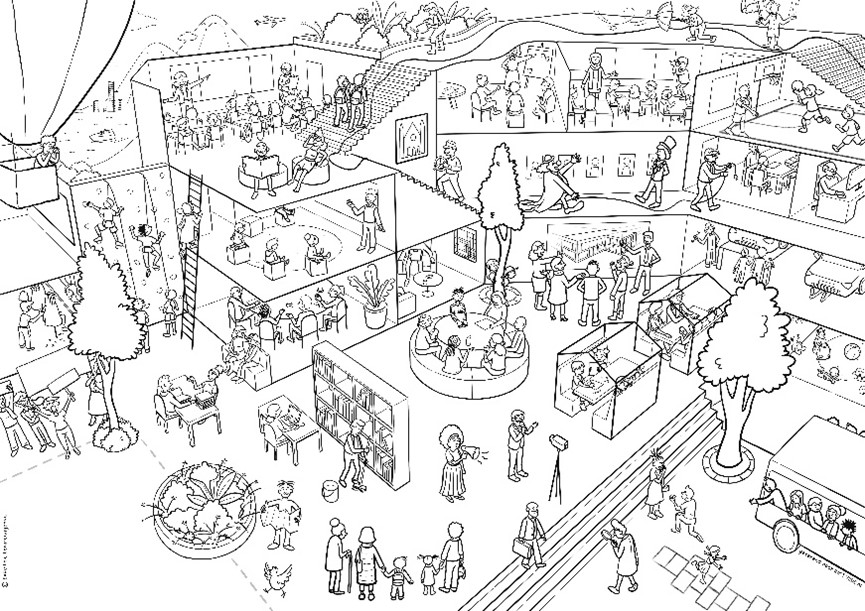Research
We welcome new blogs on teacher educators and teacher educator development (500-750 words). For more information see our Blog submission policy or contact your national moderator.
Towards diversity-responsive teacher educators: reflections of a professional development initiative
As a teacher educator of 13 years of experience, I have learned a great deal since Covid-19 took its grip on the UK in March 2020, with the pandemic providing me with time to reflect on and review my previous and current practice (Bain et al 2002).The personal and professional became inextricably intertwined, prompting me to engage with my practice in more depth. I am a teacher educator, a parent, an assessor, and a former school teacher. These roles once separate, have become interwoven, leading me to look at my engagement in the teacher educator landscape through a different lens.
Mentoring is acknowledged as a means to support professional development for teachers. However, mentoring has multiple meanings and may be practiced as supervision, support or collaborative self-development for new as well as experienced teachers. As researchers we were curious to find out what expectations newly qualified teachers, their mentors and their school-leaders have to mentoring and professional development and thereby to identify what kind of mentoring is needed...
It’s April 2020 and I’m writing this at home in lockdown during the Covid 19 pandemic. In these terrible times, one of my ways of maintaining a semblance of ‘normal life’ is to take refuge in my research, an enjoyable and – usually - productive process for me. But this was not always so. In my early years as a teacher educator, I struggled to research and write. A brief autobiography will explain why.I entered teacher education, straight from school teaching...




















